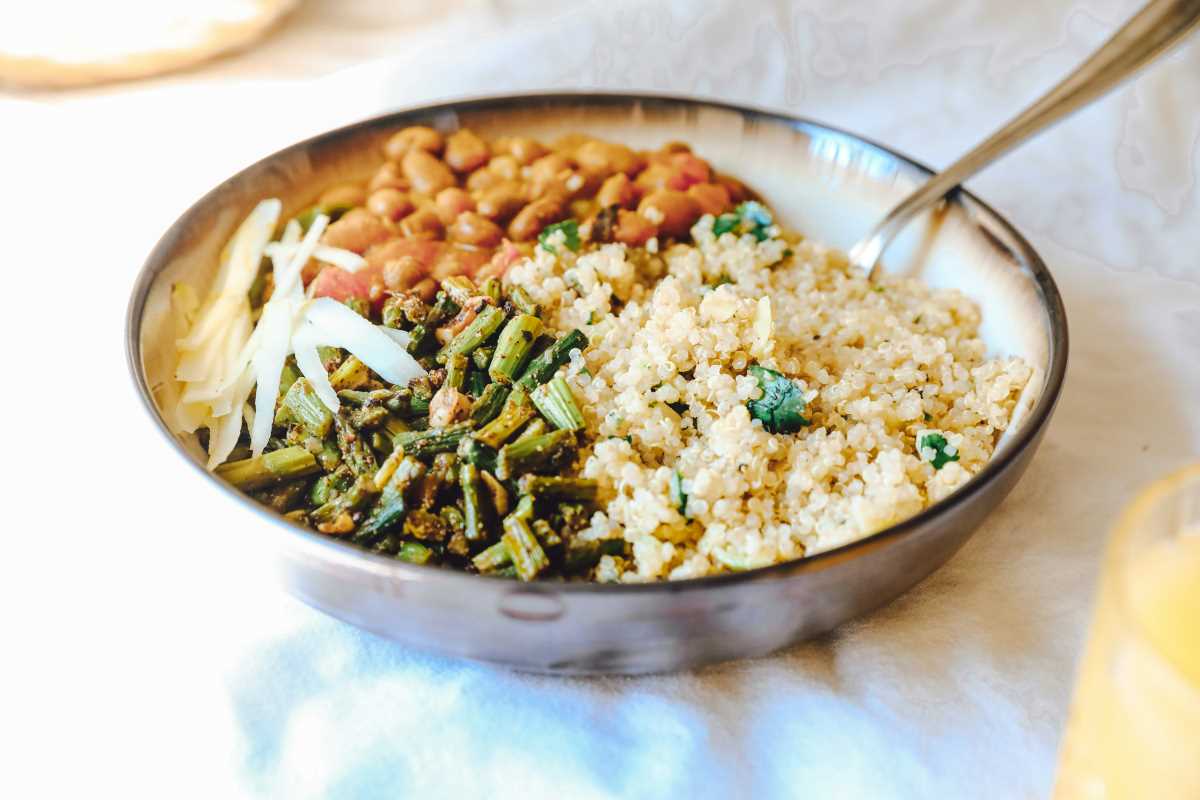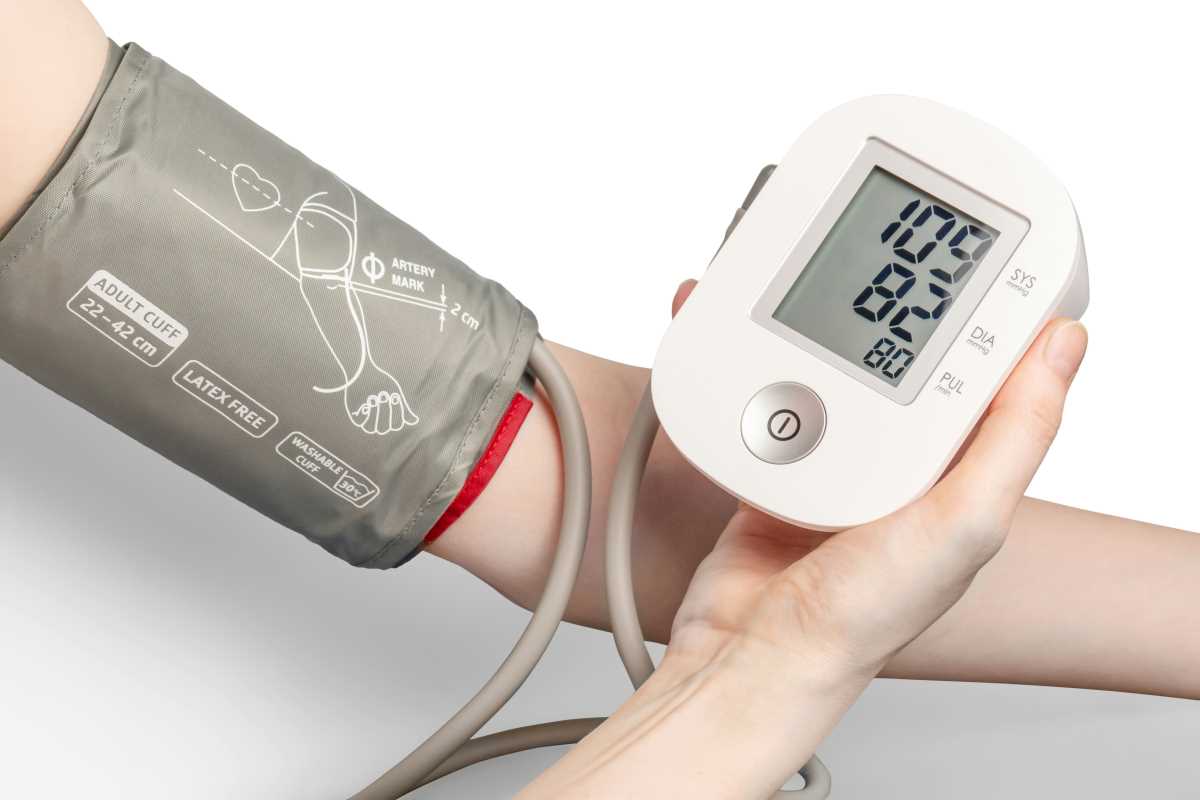Let's be real – dealing with PCOS (polycystic ovary syndrome) can feel overwhelming, especially when you're navigating life as a single person. You might be wondering what PCOS even is, why your body seems to be working against you, or how to manage symptoms while juggling work, social life, and everything else on your plate. Don't worry – you're not alone, and there's plenty you can do to feel better. Let's break this down together.
What Exactly Is PCOS?
PCOS is basically your hormones throwing a party where nobody follows the rules. It affects about 1 in 10 women of childbearing age, so chances are you know someone else dealing with it too.
Here's what happens: Your ovaries produce too many male hormones (called androgens), which messes with your normal cycle. Instead of releasing eggs regularly, your ovaries might develop small cysts – think of them as tiny fluid-filled sacs that hang around instead of doing their job.
Common Symptoms (And Why They're So Annoying)
PCOS symptoms can vary from person to person, but here are the most common ones:
Irregular or missing periods: Your cycle might be all over the place – sometimes 35 days, sometimes 60, sometimes MIA entirely.
Weight gain or trouble losing weight: Especially around your midsection. It's frustrating when you're eating the same as your friends but seeing different results.
Excess hair growth: You might notice more hair on your face, chest, or back. Super fun when you're getting ready for dates, right?
Hair loss: While you're growing hair where you don't want it, you might be losing it where you do.
Acne: Not the cute teenage kind – we're talking persistent, often cystic acne that doesn't respond to typical treatments.
Mood changes: PCOS can mess with your mental health, causing anxiety, depression, or mood swings.
Taking Control: Diet Tips That Actually Work
Good news – what you eat can make a huge difference. You don't need to become a nutrition expert overnight, but small changes add up.
Focus on balanced meals: Think protein + healthy fat + complex carbs. A chicken and avocado salad with quinoa beats a plain bagel every time.
Watch the sugar: This doesn't mean never eating dessert again (life's too short). But try to avoid sugar crashes by pairing sweet treats with protein. Apple slices with peanut butter instead of just the apple.
Don't skip meals: When you're busy with work or social plans, it's easy to forget to eat. But skipping meals can mess with your blood sugar and make PCOS symptoms worse.
Stay hydrated: Aim for about 8 glasses of water daily. Keep a water bottle at your desk or set phone reminders if you're forgetful.
Moving Your Body (Without Hating It)
Exercise doesn't have to mean suffering through gym classes you hate. The goal is finding movement you actually enjoy.
Try strength training: Lifting weights (even light ones) can help with insulin resistance, which is common with PCOS. Start with bodyweight exercises like squats and push-ups.
Walk more: Seriously, walking counts. Take calls while walking around your neighborhood, or suggest walking dates instead of always meeting at bars.
Find fun cardio: Dancing, hiking, swimming, playing with your dog – anything that gets your heart rate up works.
Be consistent, not perfect: Three 20-minute workouts per week beats one 2-hour gym session followed by a week of doing nothing.
Managing Stress (Because Life Is Stressful Enough)
Stress makes PCOS symptoms worse, which is ironic since having PCOS is stressful. Here are some realistic ways to chill out:
Sleep better: Aim for 7-8 hours. Create a bedtime routine that doesn't involve scrolling through your phone for an hour.
Try meditation apps: Even 5-10 minutes daily can help. Apps like Headspace or Calm make it easy to start.
Set boundaries: It's okay to say no to plans when you need downtime. Your friends will understand.
Consider therapy: Talking to someone about managing chronic health conditions can be incredibly helpful.
Medical Options to Explore
While lifestyle changes are super important, sometimes you need extra help. Here are options to discuss with your doctor:
Birth control: Even if you're single, hormonal birth control can regulate your cycle and reduce symptoms like acne and excess hair growth.
Metformin: This diabetes medication can help with insulin resistance and weight management in people with PCOS.
Spironolactone: Can help with acne and excess hair growth.
Supplements: Some people find success with inositol, spearmint tea, or vitamin D supplements.
Building Your Support System
Managing PCOS as a single person doesn't mean doing it alone. Consider joining online PCOS communities where you can connect with others who get it. Many cities also have support groups.
Don't be afraid to educate your friends and family about PCOS. The more they understand, the better they can support you.
 (Image via
(Image via.jpg)





